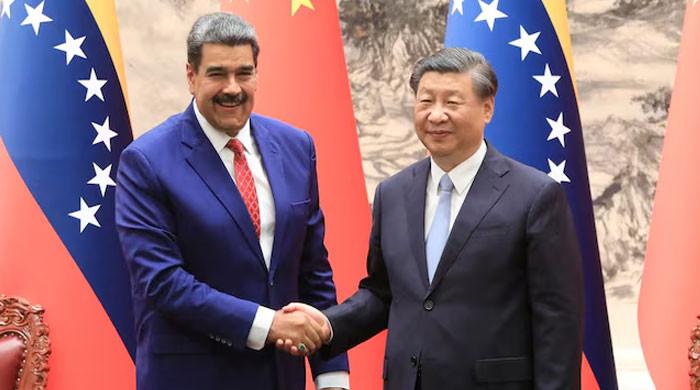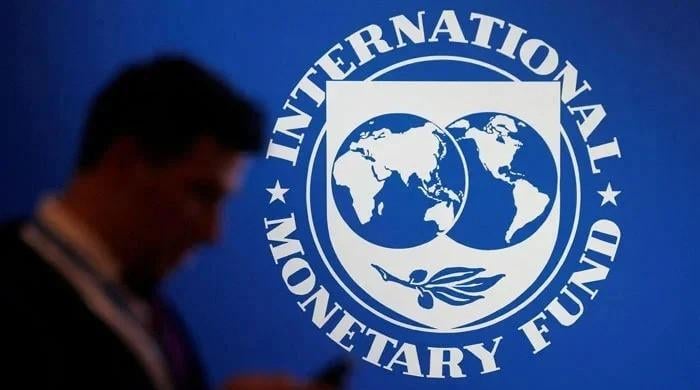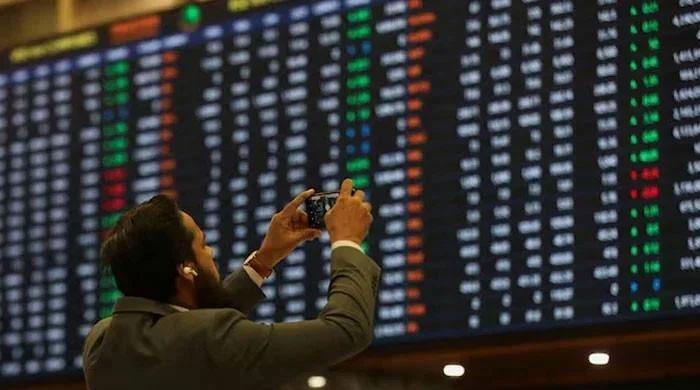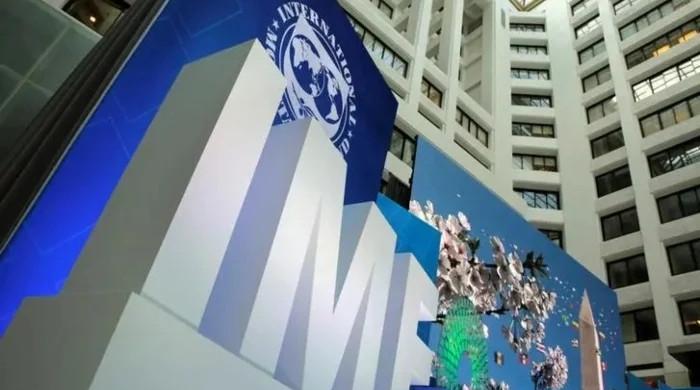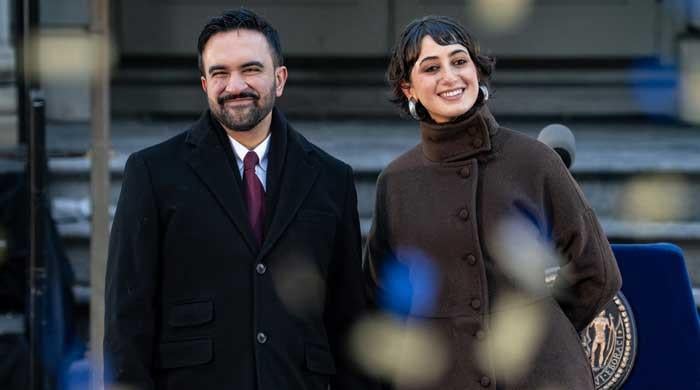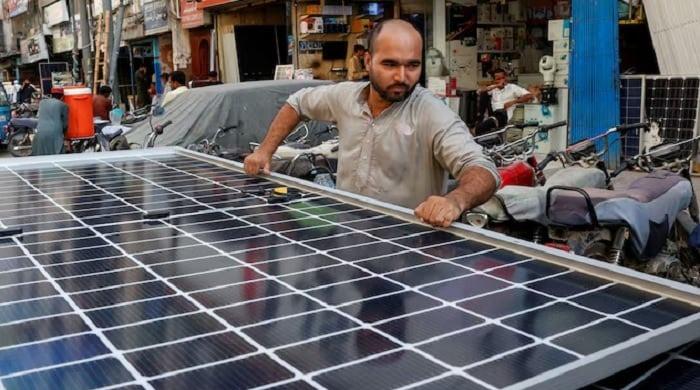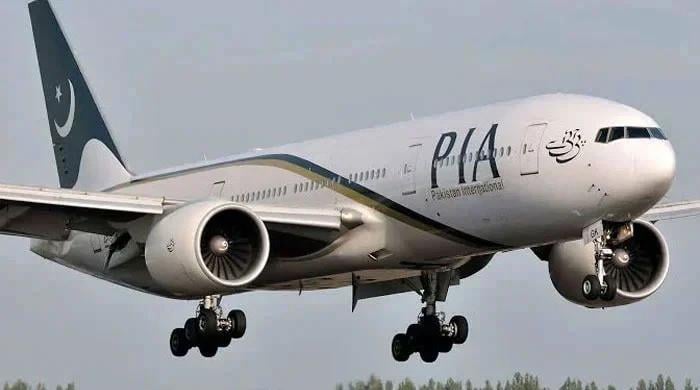The untold story of Benazir Bhutto’s murder
Supporters of the Pakistan Peoples Party hold candles during a rally in Lahore on December 26, 2014 to commemorate the seventh death anniversary of slain former premier Benazir Bhutto -...
August 31, 2017
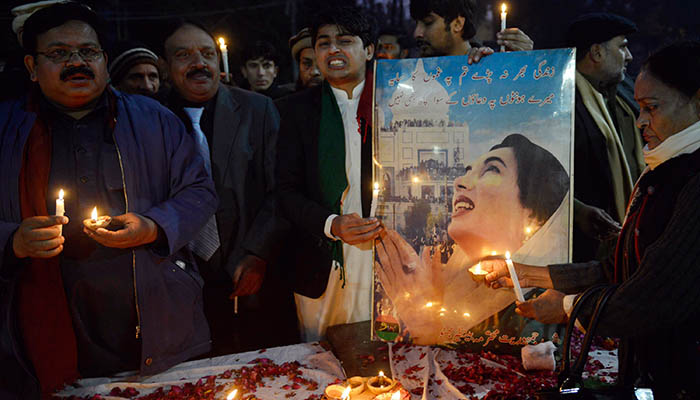
Two hours past midnight, I was in a daze, walking aimlessly through the lobby of a 3-star hotel in Karachi, when I saw him. A large folder of files tucked under his arm. He was in hurry to rush out the front door.
It had barely been a few hours since Benazir Bhutto, Pakistan’s former prime minister and the leader of a large and popular party, was assassinated in a bomb and gun attack.
I quickly rushed up to him. “Sir, what an absolute tragedy for this country.”
“Yes, it is a big loss -” he replied.
Before he could finish, I interjected, “Can I ask why you are here, right now?”
He paused and then nervously replied, “I have to leave for Dubai immediately. But I will be back for the funeral.” In that brief moment, he peeked out the front door twice, waiting for someone to arrive. “Listen, it is a big conspiracy,” he added, “I will tell you about it later.”
As he walked off, I couldn’t help asking myself, again, “Why is he really here?”
The man, considered very close to Bhutto, went on to become an influential federal minister in Pakistan. A few hours earlier he was in Rawalpindi, at Liaquat Bagh, where Bhutto was killed. And now he was here, in another city, leaving for another country.
Earlier that day, the owner of a news channel I was working for then called Bhutto’s husband, Asif Ali Zardari, in Dubai to inquire about her injuries and health. A short conversation later, he asked me and two other reporters to see him in his office. “It’s bad news,” I remember him saying. Benazir Bhutto was no more.
I was shaken. As a journalist, I had covered Bhutto’s journey from 1982 to 2007. I had seen her detained in prison and later her rise to become the first women prime minister of Pakistan. She was a courageous woman, who faced teargas at a protest rally even though she was pregnant at the time.
Coming back to the man with the files, he was a shrewd and clever person. For Bhutto, he was a trusted associate. For journalists, he was a reliable contact.
Later in 2008, when the Pakistan People’s Party formed the government, I met the man again. He was now a minister and a very important one. During the meeting, I reminded him of the conspiracy he spoke off, probing him for more details. But to my surprise, he began rehashing the same story Musharraf was telling about the attack, naming Pakistan Taliban leader Baitullah Mehsud.
After Musharraf left the country and went into self-imposed exile, the PPP government reordered an investigation into the incident and the military dictator’s role in it. But it seems the probe was a half-hearted attempt.
Nine years later, no one has bothered to investigate the letter that Bhutto wrote to the police, after the attack on her Oct. 18 rally. Neither the PPP government nor Musharraf have given it much importance. “We were told not to pursue the letter,” a senior police official during those days told me, without elaborating on where the instructions came from.
Even more surprisingly, the suspects arrested after Oct. 18 were later freed.
Only Naheed Khan, Safdar Abbasi and the late Makhdoom Amin Fahim, cooperated with the investigators. Pervez Musharraf, Ch. Pervez Elahi and Rehman Malik did not record their statements and filled a pro forma.
The anti-terrorism court's verdict about the almost decade long murder case is likely due anytime. Yet, ironically the party, which Bhutto led, never took this case seriously. I cannot name any prominent PPP leader who attended the proceedings. If Musharraf has to answer questions about the attack, the PPP must answer questions about the investigation.
Baitullah Mehsud, the main accused, later died in a drone attack. While, senior FIA officials told this writer that seven other suspected terrorists linked to the case were also killed, either in police encounters or in drone attacks.
I remember my last conversation with Benazir Bhutto, two weeks before the attack that killed her. At the Zardari House in Islamabad, I asked her, “Why are you not following security protocol? Especially after the twin suicide bombings in Karachi, should you not restrict your movements?”
“I know they are after me. I know they are after my life, but I cannot abandon politics,” she replied calmly.
Abbas is the senior columnist and analyst of GEO, The News and Jang.
He tweets @MazharAbbasGEO




